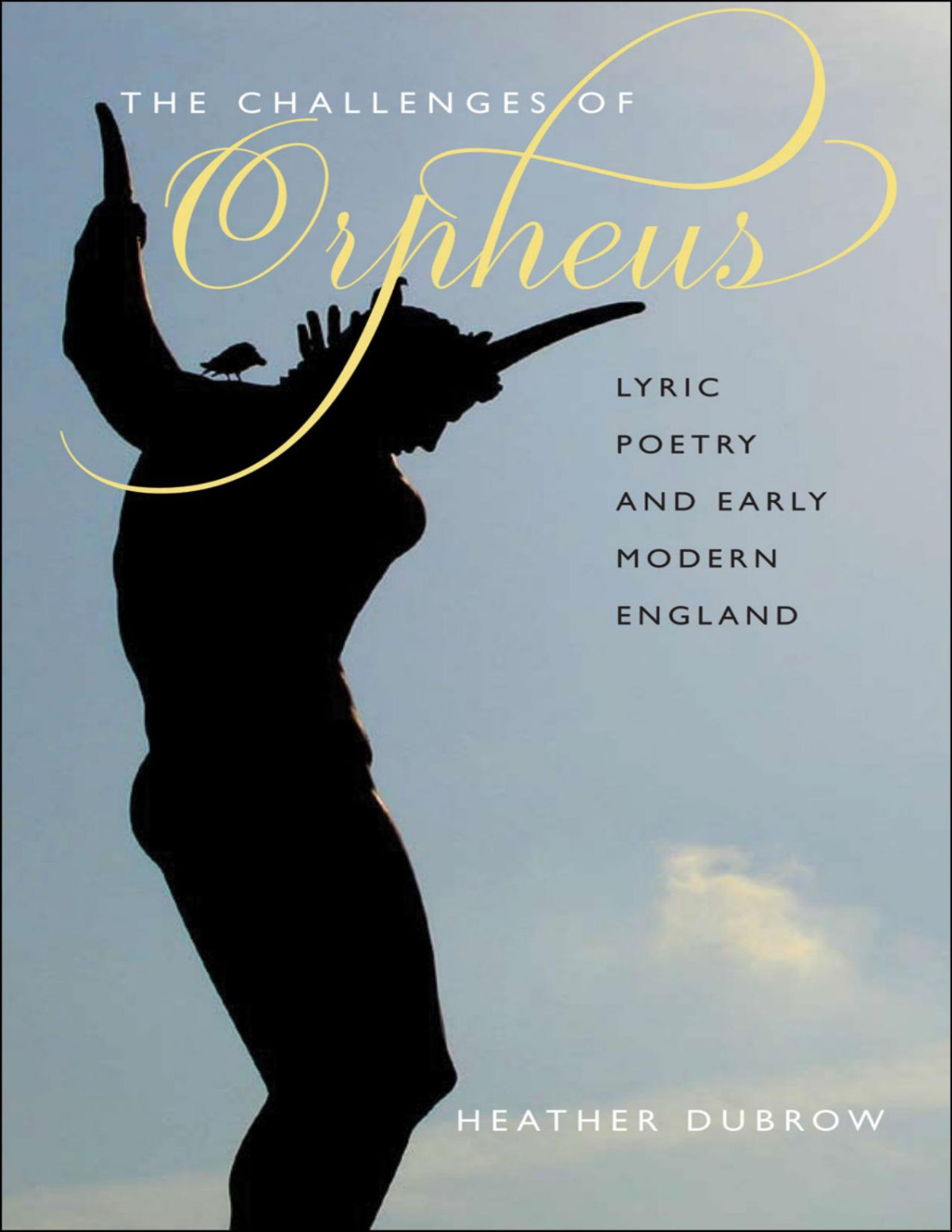

Most ebook files are in PDF format, so you can easily read them using various software such as Foxit Reader or directly on the Google Chrome browser.
Some ebook files are released by publishers in other formats such as .awz, .mobi, .epub, .fb2, etc. You may need to install specific software to read these formats on mobile/PC, such as Calibre.
Please read the tutorial at this link: https://ebookbell.com/faq
We offer FREE conversion to the popular formats you request; however, this may take some time. Therefore, right after payment, please email us, and we will try to provide the service as quickly as possible.
For some exceptional file formats or broken links (if any), please refrain from opening any disputes. Instead, email us first, and we will try to assist within a maximum of 6 hours.
EbookBell Team

4.8
84 reviewsAs a literary mode "lyric" is difficult to define precisely. While the term has conventionally been applied to brief, songlike poems expressing the speaker's interior thoughts critics have questioned many of the assumptions underlying this definition, calling into doubt the very possibility of self-expression in language.
Whereas much recent scholarship on lyric has centered on the Romantic era, Heather Dubrow turns instead to the poetry of early modern England. The Challenges of Orpheus confronts widespread assumptions about lyric, exploring such topics as its relationship to its audiences, the impact of material conditions of production and other cultural pressures, lyric's negotiations of gender, and the interactions and tensions between lyric and narrative.
Offering fresh perspectives on major texts of the period—from Wyatt's "My lute awake" to Milton's Nativity Ode—as well as poems by lesser-known figures, Dubrow extends her critical conclusions to poetry in other historical periods and to the relationship between creative writers and critics, recommending new directions for the study of lyric and of genre.